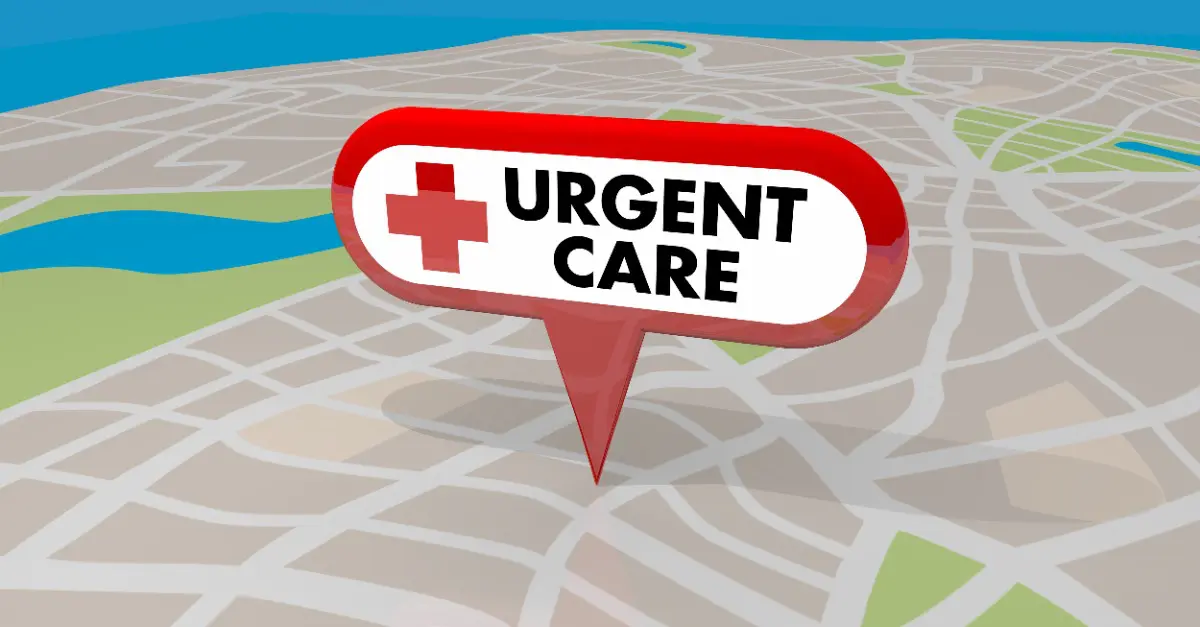
In our fast-paced world, convenience often reigns supreme. From online shopping to food delivery, we prioritize services that cater to our busy schedules. This trend has even infiltrated the healthcare industry, with urgent care centers and retail clinics emerging as popular alternatives to traditional primary care physicians. But is convenience truly the most important factor when it comes to your health? In this article, we’ll explore the rise of convenient care options, their pros and cons, and how they compare to primary care physicians.
The Rise of Convenient Care
Urgent care centers and retail clinics have experienced a surge in popularity in recent years. These facilities offer walk-in appointments, extended hours, and shorter wait times, making them an attractive option for those seeking quick medical attention for minor illnesses or injuries. They also often accept a wide range of insurance plans and offer transparent pricing, further adding to their appeal.
Pros of Convenient Care
- Accessibility: Convenient care facilities are often located in convenient locations, such as shopping centers or near major transportation hubs.
- Extended Hours: Many urgent care centers and retail clinics are open evenings and weekends, accommodating those with busy work schedules.
- Shorter Wait Times: These facilities typically have shorter wait times than traditional doctor’s offices, allowing patients to receive care more quickly.
- Transparent Pricing: Many convenient care options offer upfront pricing for common services, making it easier for patients to budget for their healthcare expenses.
Cons of Convenient Care
- Limited Scope of Care: Urgent care centers and retail clinics are not equipped to handle complex medical conditions or emergencies.
- Lack of Continuity of Care: These facilities may not have access to your complete medical history, making it difficult for providers to offer personalized care.
- Potential for Overuse of Services: The convenience of walk-in appointments may lead some patients to seek care for minor issues that could be managed at home.
Primary Care Physicians: The Cornerstone of Your Health
While convenient care options offer certain advantages, primary care physicians remain the cornerstone of comprehensive healthcare. They provide ongoing care for chronic conditions, offer preventive services, and develop personalized treatment plans based on your unique medical history and needs.
Benefits of Primary Care
- Comprehensive Care: Primary care physicians offer a wide range of services, from routine checkups and vaccinations to chronic disease management and mental health care.
- Continuity of Care: Your primary care physician knows your medical history and can provide personalized care tailored to your individual needs.
- Preventive Services: Primary care physicians focus on preventive care, such as screenings and immunizations, to help you stay healthy and avoid future health problems.
- Coordination of Care: If you need to see a specialist, your primary care physician can refer you to the right provider and coordinate your care.
Choosing the Right Care for Your Needs
When deciding between convenient care and primary care, it’s important to consider your individual needs and preferences. If you have a minor illness or injury and need quick medical attention, an urgent care center or retail clinic may be a good option. However, for ongoing care, preventive services, and chronic disease management, a primary care physician is the best choice.
The Role of Technology in Healthcare
Technology is transforming the healthcare landscape, offering new ways to access care. Telemedicine, for example, allows patients to consult with their primary care physician remotely, eliminating the need for travel and reducing wait times.
LabLynx, a leading provider of laboratory information management systems (LIMS), is at the forefront of this technological revolution. Our innovative solutions streamline laboratory workflows, improve data management, and enhance patient care. By partnering with LabLynx, healthcare providers can leverage the power of technology to deliver more efficient, effective, and convenient care to their patients.
Conclusion
While convenient care options offer certain advantages, they should not replace the comprehensive care provided by primary care physicians. By establishing a relationship with a primary care physician and utilizing technology to access care when needed, you can ensure that you receive the best possible care for your individual needs.
Remember, convenience should not be the sole factor when choosing healthcare providers. Prioritize your health by selecting providers who can offer comprehensive, personalized care and help you achieve your long-term health goals.




